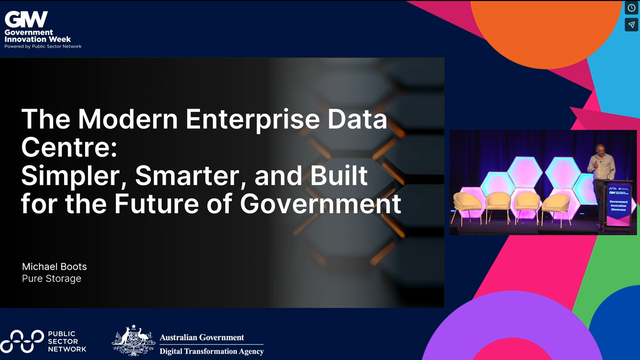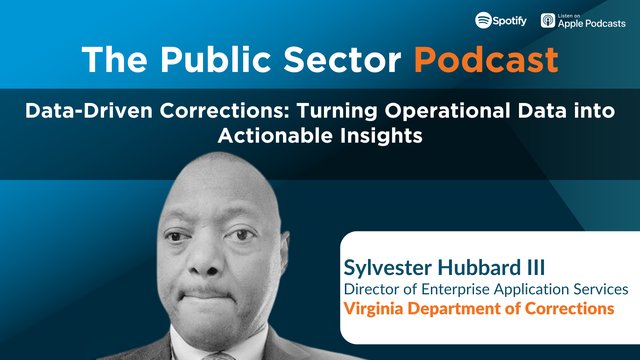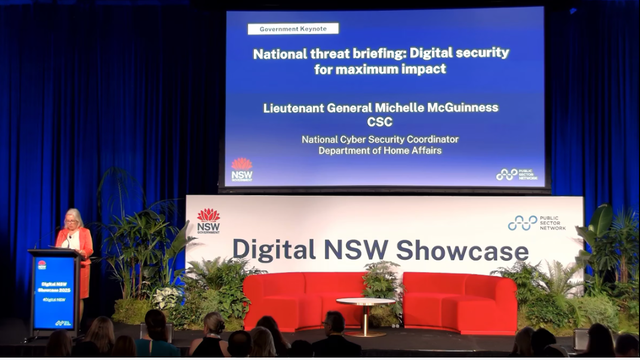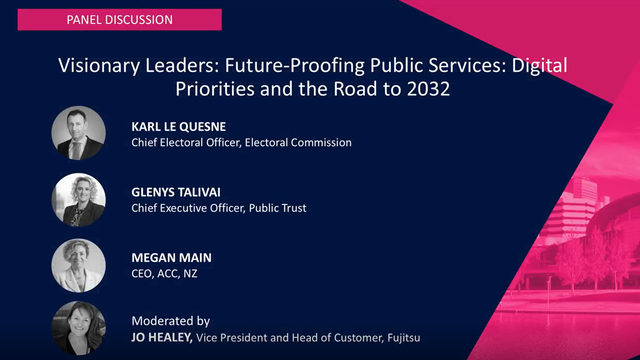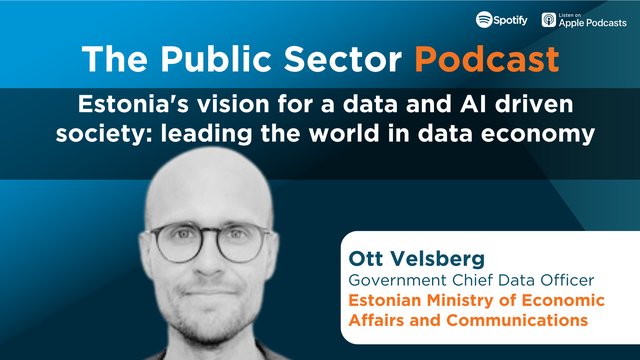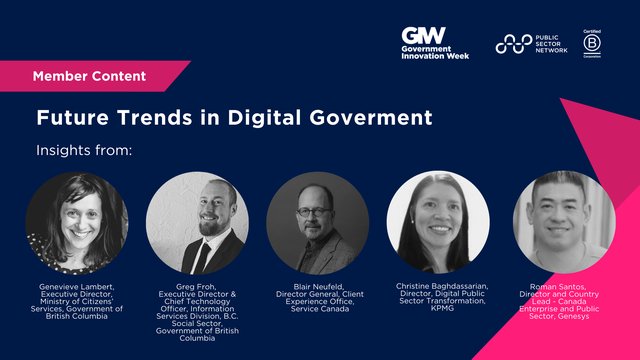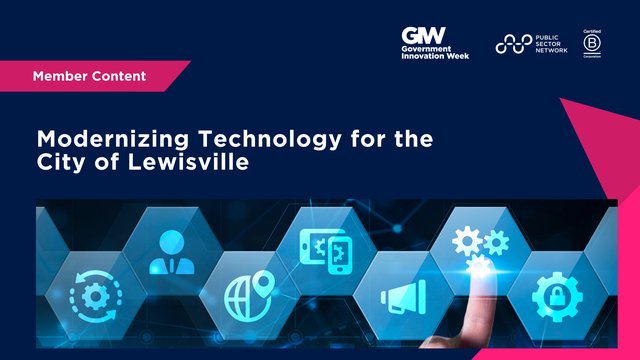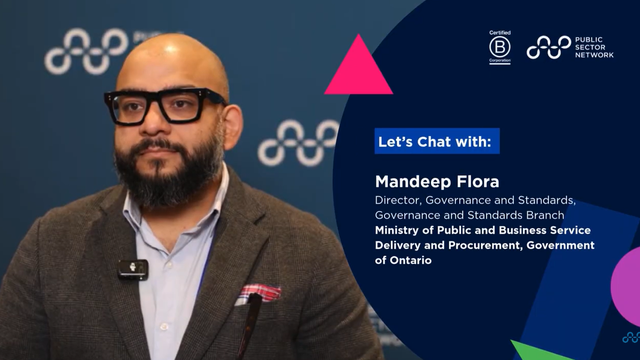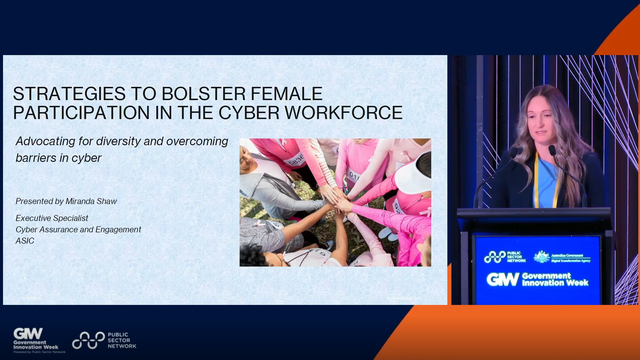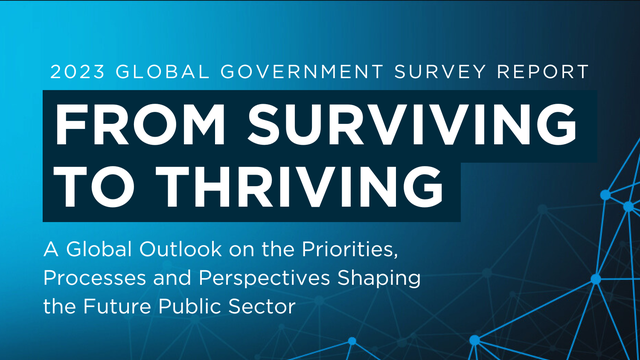
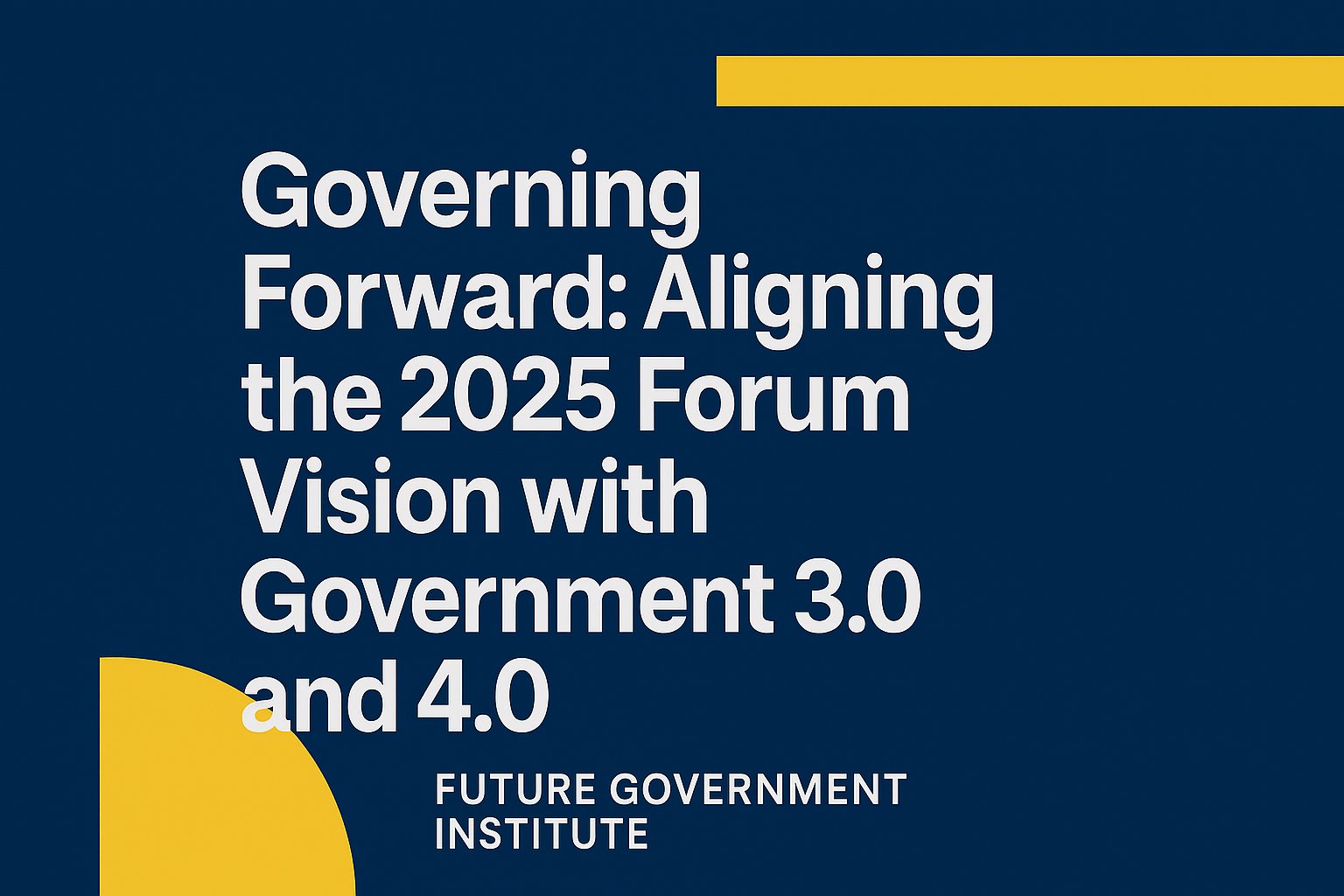
The World Government Summit 2025 in Dubai (and their recent report) made one thing very clear: the digital bar has been raised. Citizens now compare public services to the private sector — not to other agencies. And governments around the world are taking that seriously.
The Summit offered a shared vision for future-ready services — one that strongly echoes the thinking we’ve embedded into the Government 3.0 and 4.0 frameworks at the Future Government Institute (FGI). These aren’t abstract models. They reflect what public servants are already grappling with on the ground — and offer practical direction for how to move forward with purpose.
1. Human-Centric Services: From “Digital First” to “Life-Centered by Design”
The summit's strongest theme was the need to rethink public services around people — not departments. Speakers reinforced that it’s no longer enough to digitise forms or move transactions online. What’s needed is a service experience that’s designed around life events, with the user journey driving the solution from end to end.
That’s core to what we define in Government 3.0 as being Open by Default and Citizen as Co-Designer. It’s a shift from delivering services to citizens, to building services with them. Some governments — like Estonia, Singapore, and Norway — are already rethinking entire life events (birth, retirement, death) as seamless digital journeys. That’s the frontier of public service design.
In Gov 4.0, this goes a step further. Services become anticipatory: eligibility is proactively flagged, paperwork disappears, and enrolment happens automatically. But reaching that stage requires redesigning not just the interface — but the entire system behind it.
2. AI and Trust: Getting Ahead of the Ethics Curve
The summit highlighted both the promise and risk of AI in government. While automation can improve efficiency and personalisation, it also raises concerns around fairness, transparency, and accountability — particularly when decisions affect rights or access to services.
Our Ethical by Design principle in Gov 4.0 reinforces this. Ethics and accountability can’t be bolted on after the fact — they must be built in from the outset. That means governments need AI governance that includes things like algorithm registers, impact assessments, and explainability standards.
Summit participants discussed national frameworks and ethical AI bodies. What matters now is implementation — especially at the operational level. Public trust in AI is only possible if citizens feel decisions are both explainable and challengeable.
3. GovTech & Partnerships: A New Model for Public Innovation
The summit showcased a maturing view of GovTech. Instead of treating startups as just vendors, several governments are now co-creating with them — embedding innovation into public problem-solving. From regulatory sandboxes to shared development hubs, the shift is real.
In Government 3.0, we frame this through Open Innovation — where collaboration is systemic, not occasional. Governments create the conditions for external innovators to work with them, and public servants are empowered to experiment safely.
This isn’t about adopting shiny tools. It’s about shifting culture. Procurement needs to be reformed. Risk needs to be managed, not avoided. And internal teams need to see startups not as threats, but as partners in delivering public value.
4. Data and Cybersecurity: From Risk to Stewardship
The summit repeatedly returned to data — both its power and its risk. From predictive services to evidence-based policy, data is central to modern governance. But so is trust. If citizens don’t believe their data is being handled responsibly, uptake stalls and legitimacy suffers.
FGI’s Data Stewardship approach centres on this idea: governments are custodians of data, not owners. That requires transparency, strong cyber standards, and — increasingly — giving citizens more control over how their information is used.
Some jurisdictions are piloting ideas like personal data wallets, consent dashboards, or once-only data collection. These are encouraging signs. But globally, this remains one of the biggest gaps between aspiration and implementation.
5. The Modern CIO: From Tech Leader to Change Architect
Another summit highlight was the evolving role of public sector CIOs. No longer just responsible for infrastructure, they’re now being asked to drive transformation, integrate policy and tech, and enable innovation across the organisation.
In our frameworks, Government 3.0 positions CIOs as change agents. In Gov 4.0, they become strategic orchestrators — aligning people, data, systems, and services with mission outcomes. This requires a different kind of leadership capability, and different levels of empowerment.
Summit participants rightly emphasised the need for more authority, clearer mandates, and stronger cross-agency collaboration. The job is no longer “keeping the lights on.” It’s about reimagining how government delivers — and enabling everyone else to do the same.
6. Economic Resilience: Innovation Is the Safety Net
The summit looked ahead to the big question: are governments ready for 2050?
Whether the challenge is climate shocks, AI disruption, ageing populations, or economic volatility, the conclusion was clear — resilience must be built now. Innovation isn’t a luxury. It’s a requirement.
Government 4.0 focuses on adaptive institutions — ones that can learn, respond, and pivot quickly. This includes everything from scenario planning and futures thinking to agile regulation and capability uplift. While some leading governments are embedding this mindset, the real opportunity is in helping others catch up — not just with tech, but with agility.
Final Word
The summut offered a global snapshot of where governments are heading. It also confirmed much of what’s driving our own work at FGI. The shift from Government 2.0 to 3.0 and eventually to 4.0 is no longer theoretical — it’s underway.
But as the summit made clear, the future won’t wait. This is a moment for shared learning, clear frameworks, and deliberate action.
Read the full whitepaper here
#FutureGovernment #Gov30 #Gov40 #FGIX #DigitalGovernment #AIethics #CivicInnovation #PublicSectorLeadership






